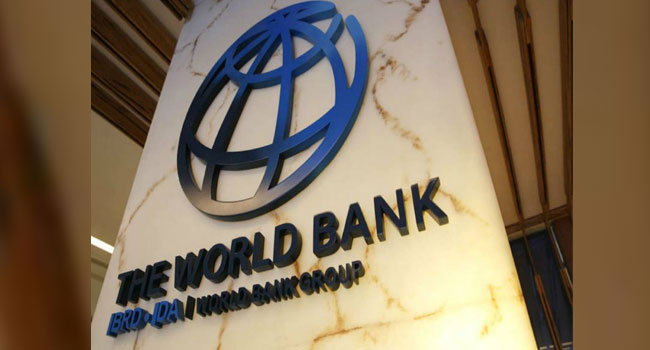
The World Bank has projected a 3.6 percentage point increase in poverty levels in Nigeria over the next five years, warning that structural weaknesses and economic fragility may continue to undermine the country’s development efforts.
This was revealed in the latest Africa’s Pulse report, released during the ongoing Spring Meetings of the International Monetary Fund (IMF) and the World Bank in Washington, DC.
Despite modest gains in non-oil economic activity during the last quarter of 2024, the report paints a troubling picture for Nigeria, grouping it with other resource-rich but fragile economies like the Democratic Republic of Congo, where poverty is expected to worsen.
“Poverty in resource-rich, fragile countries—including large economies like Nigeria and the Democratic Republic of Congo—is projected to increase by 3.6 percentage points between 2022 and 2027,” the report stated.
The World Bank emphasized that while non-resource-rich countries in Sub-Saharan Africa are on track to achieve faster poverty reduction—driven by strong agricultural performance—resource-dependent nations are being held back by weak fiscal structures, declining oil prices, and governance challenges.
Sub-Saharan Africa remains home to the world’s highest concentration of people living in extreme poverty. As of 2024, the region accounted for 80% of the world’s 695 million extreme poor, with half of the region’s 560 million poor residing in just four countries.
In contrast, South Asia accounted for 8%, East Asia and the Pacific 2%, the Middle East and North Africa 5%, and Latin America and the Caribbean 3%.
The report further noted that poverty rates in fragile, resource-rich countries averaged 46% in 2024—13 percentage points higher than in non-fragile resource-rich nations.
In response to these concerning trends, the World Bank is urging Nigeria and similarly affected nations to focus on improving fiscal governance and strengthening the social contract between governments and citizens, as key steps toward fostering inclusive economic growth and sustainable poverty alleviation.
Comments